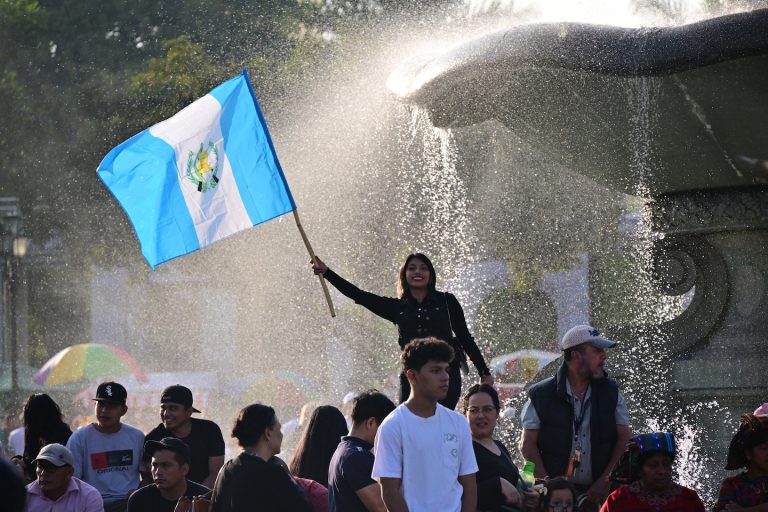Arevalo, an anti-corruption activist, surprised the political establishment by winning the August elections by an overwhelming majority that international observers deemed free and fair. But the Guatemalan Attorney General's Office responded with a series of investigations into the alleged fraud. Prosecutors also tried to lift the immunity of Arevalo and his allies so they could be investigated, and moved to revoke the legal registration of the president's party, Semela.
Alexander Eizenstadt, a prominent constitutional lawyer, said that if Congress does not resolve its differences and preside over the inauguration, Arevalo will still hold office. “At midnight, he automatically becomes president, according to the law,” he said. Analysts saw the congressional maneuvers as an attempt to weaken the new president and his party, which had hoped to form a coalition to head Congress.
The chaos was a sign of the obstacles Arevalo may face once he takes office. Guatemala has been ruled by what analysts call a “pact of the corrupt” – an alliance of politicians, drug traffickers, former military officers and unethical businessmen.
After his surprise victory, Arevalo received crucial support from the country's indigenous people, who declared a national strike in October to protest measures seeking to invalidate his election. The international community also sought to avoid what many called a “judicial coup.” When it appeared that Congress was seeking to replace the members of the Supreme Electoral Tribunal in December, the US government canceled the visas of two-thirds of Guatemalan lawmakers.
In December, the country's Constitutional Court ordered Congress to “guarantee” Arevalo's inauguration on January 14, as well as the other winners of the election.
But on Sunday, shouting matches broke out in Congress, as lawmakers were unable to reach an agreement on their new leader, usually a prerequisite for a presidential inauguration. Some lawmakers also claimed that there were irregularities in the papers of some new members of Congress.
Meanwhile, in a last-minute decision on Sunday morning, the Constitutional Court upheld the temporary suspension of Semela's legal status, meaning its members can only enter Congress as independents. This removes the party's ability to hold senior positions in Congress or be part of agenda-setting leadership.
“They don’t want Bernardo to assume the presidency with the executive branch, the presidency [of Congress]“Popular support in Guatemala and international support,” said Daniel Haering, a political analyst. “At least with this decision, they are taking the leadership of Congress away from him.”
Guatemalans were so optimistic about Arevalo's inauguration that hundreds slept in the streets of the capital on Saturday evening, to attend his inauguration. On Sunday, demonstrators chanted “Out, coup plotters!” He threatened to storm Congress.
The European Union, the Organization of American States and several prominent figures stressed their support for Arevalo as the dispute continued on Sunday.
“There is no doubt that Bernardo Arevalo is the President of Guatemala,” Power, who led the US delegation to the inauguration, tweeted. “We call on all parties to remain calm – and we call on the Guatemalan Congress to support the will of the people. The world is watching.”
Sheridan reported from Mexico City.

